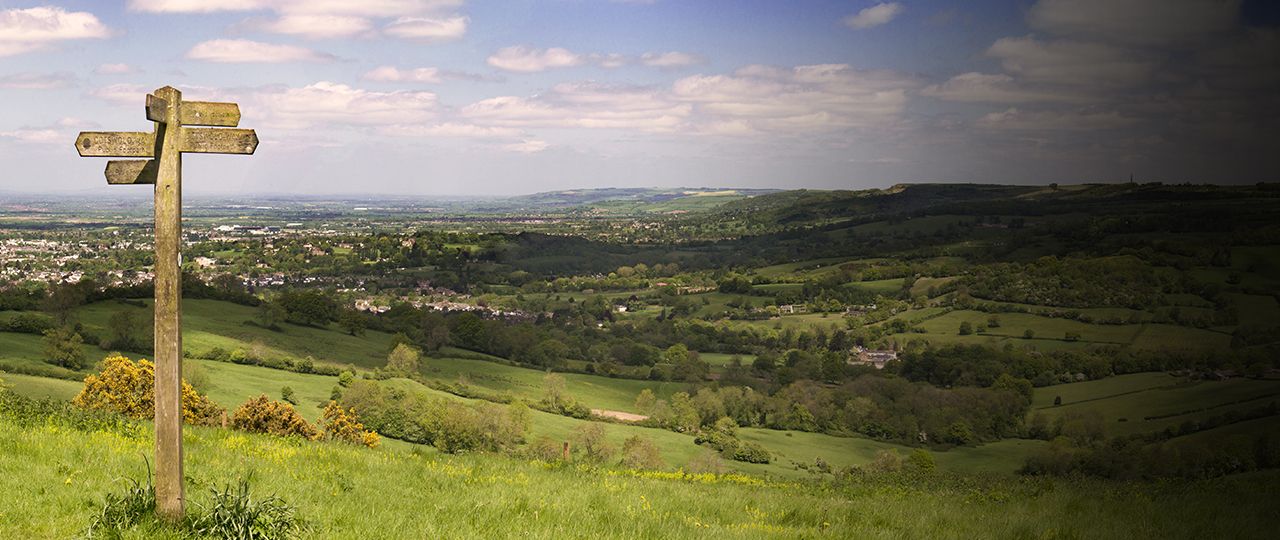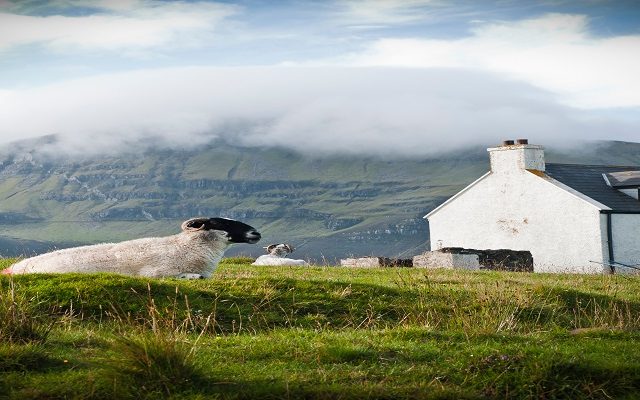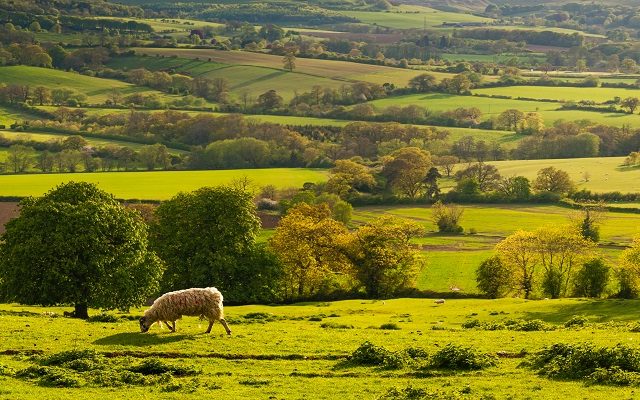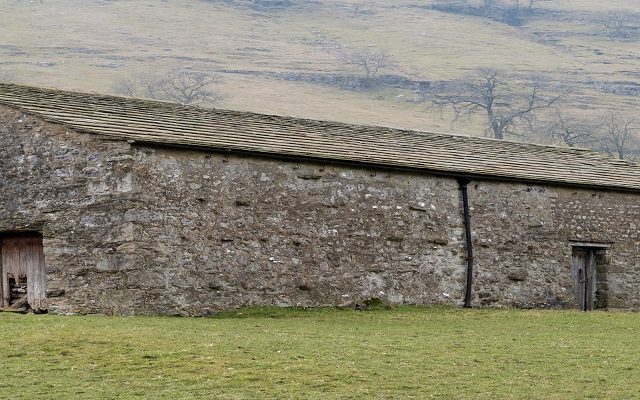What have we learned from the Agriculture Bill that is new?
The government has published its long-awaited Agriculture Bill, which sets out a policy framework for farmers and landowners in England outside of the Common Agricultural Policy.
It aims to establish a new system based on public money for public goods, to deliver what DEFRA secretary Michael Gove describes as a ”cleaner, greener and healthier” environment.
Much of the detail has been covered in previous government announcements but there are some new elements.
There are, as expected, also some omissions, the most significant of which is what the overall support budget for farming will be in the future.
The Bill provides the mechanisms by which the government can change the existing rules, rather than setting out how new rules will work in practice.
Key points
The switch to ‘public money for public goods’
- DEFRA minister Michael Gove has been talking about how land managers will be paid for ‘public goods’ for some time. There is little new precise detail on what public goods will be paid, although the Bill specifies financial assistance may be available when:
- managing land or water in a way that protects or improves the environment;
- supporting public access to and enjoyment of the countryside, farmland or woodland and better understanding of the environment;
- managing land or water in a way that maintains, restores or enhances cultural heritage or natural heritage;
- mitigating or adapting to climate change
- preventing, reducing or protecting from environmental hazards;
- protecting or improving the health or welfare of livestock;
- protecting or improving the health of plants.
- The 2019 Countryside Stewardship Scheme application process in England will be simplified, probably on a similar basis to the four current ‘simplified offers’ NEW
- A new Environmental Land Management system (ELMS) is expected to open for applications from 2021 – 2025, depending on how well the tests and trials and pilot testing of the scheme goes. Until ELMs is fully up and running, Countryside Stewardship will continue and Higher Level agreements may be extended as required. NEW
- There will be support schemes to build farm capability to manage risk, improve productivity, support new entrants to get into farming and deliver public goods but this funding will be time-limited (probably to 2021 – 2027). NEW Although the Bill is silent on this, we expect current schemes that fund improvements in productivity under the Rural Development Programme for England to continue until 2020, so there should not be a gap in this type of funding.
- There will be funding for farmer-led research, although the amount and process for this is unstated.
- A ‘higher animal welfare standard’ will be defined in 2020 but it is unclear what this is. NEW
Direct payments
Direct payments will be phased out, to zero, by 2028, with payments being reduced over a seven year ‘agricultural transition period’ from 2021 to 2027 to give ‘time for farmers to adjust’. NEW
Payments will be cut more initially for larger recipients, starting as follows. Over the transition period these reductions will be increased. NEW
| Annual Direct Payment |
% payments
cut by in 2021 |
| Up to £30,000 | 5% |
| £30,000 – 50,000 | 10% |
| £50,000 – 150,000 | 20% |
| £150,000 or more | 25% |
Direct Payments will be made on the same basis as now in 2019 and in broadly the same way in 2020, subject to simplifications where possible NEW
It is not clear what the basis for the 2021 – 2027 payments will be, although the Bill says that they ‘may’ be based on money received in previous years. NEW
Payments will be ‘delinked’ from the requirement to farm the land, to enable recipients to invest, diversify or retire. There should be an option to take them as lump sum. NEW
Devolution and the replacement for rural development programmes
- The Bill applies in England, Wales and Northern Ireland, although it gives the latter two countries the powers to follow their own reforms. The Scottish Government is not taking powers in the Bill. NEW
- The UK Shared Prosperity Fund is expected to start in 2021. It is likely to include support for rural businesses and areas, replacing the current rural development programmes.
The big questions
The most significant omission is that there is no indication of how the overall support budget for farming, which is currently around £3.2bn per annum for Direct Payments and rural development spending, will change during the transition period.
It is also unclear on what basis DEFRA would like to set the support budget. The most rational basis would be to agree targets for the environmental outcomes desired from the new policy, so mainly related to public goods and climate change, then work out how much it will cost to deliver the outcomes. The worst scenario would be an arbitrary figure set, probably by the Treasury trying to cut annual spending, which may be insufficient to deliver the desired objectives.
It is also unclear whether the support budget for farming will be set over a specified period or annually. The current CAP budget is set every seven years which gives land managers a level of certainty and confidence to invest.
The Bill is also silent on future policy associated with agricultural workers, trade policy and whether UK standards for food production will be maintained, although a pilot overseas workers scheme has been launched and the government has repeatedly said that food standards will not be reduced for both UK production or imported food.






